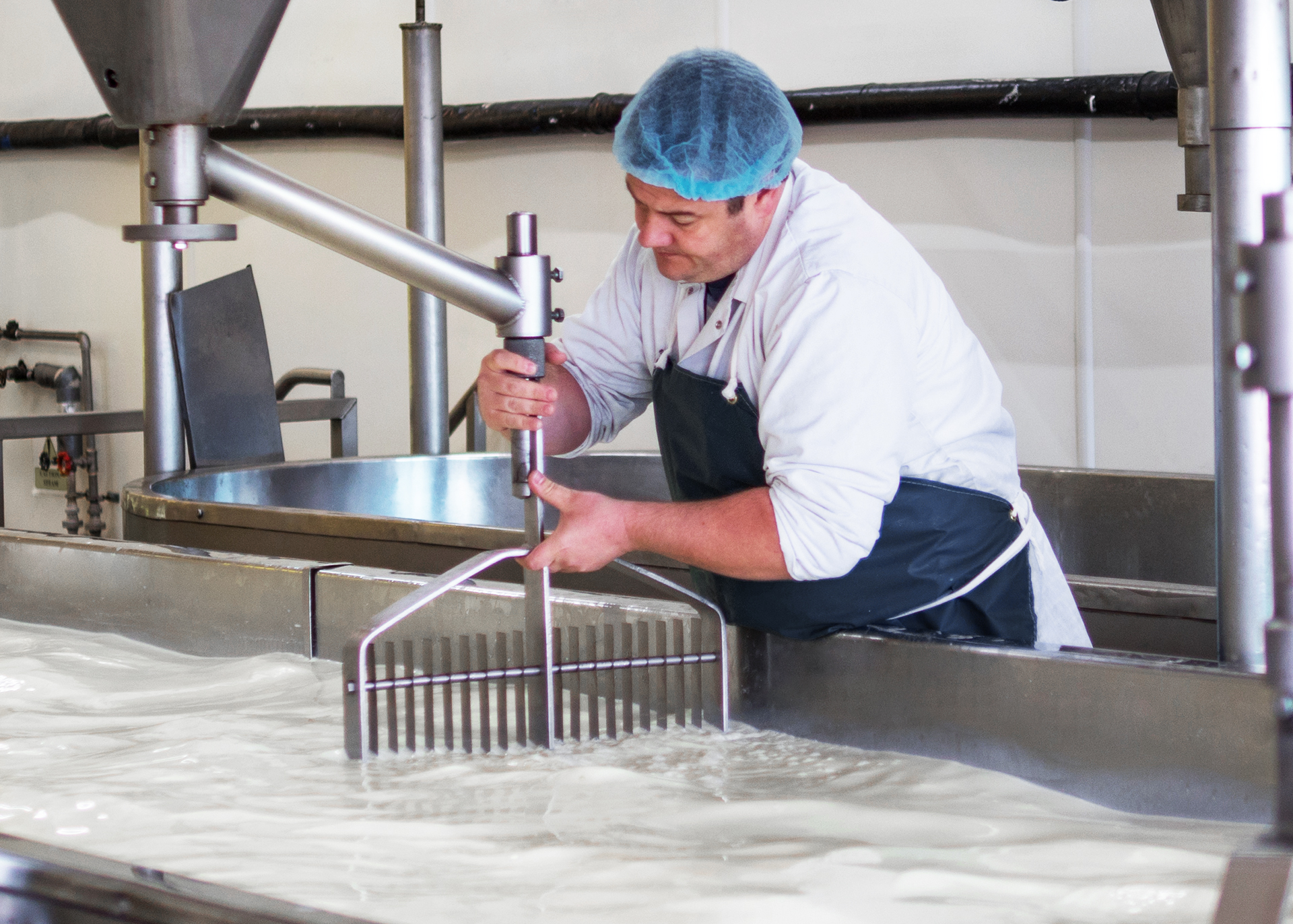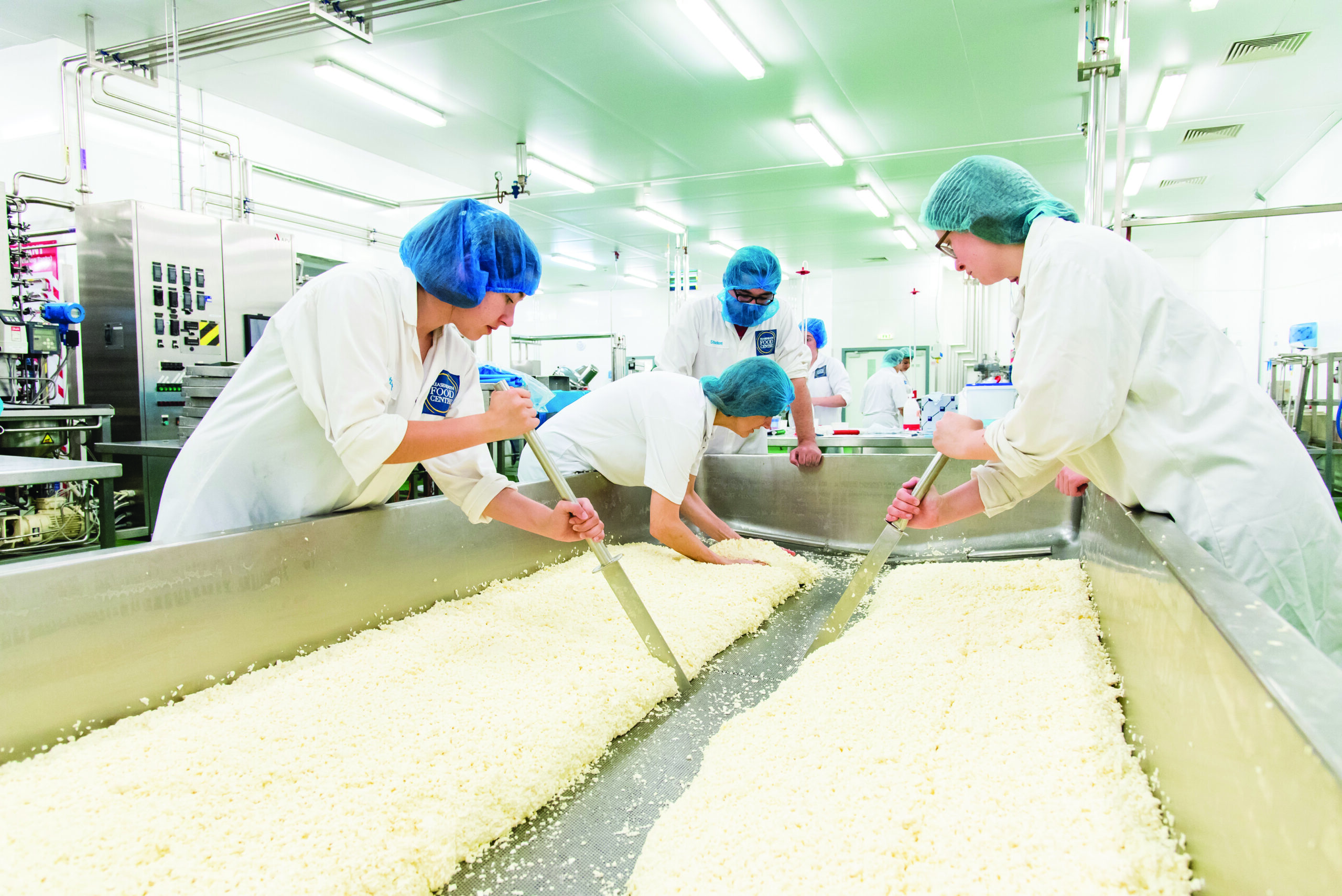Order Cheese for Sale Online Melbourne's Trusted Cheese Makers
Order Cheese for Sale Online Melbourne's Trusted Cheese Makers
Blog Article
An Extensive Consider Cheese Manufacturing: Ingredients, Techniques, and the Future of Craftsmen Cheeses
The complex process of cheese production is a remarkable convergence of art and science, where top quality milk, rennet, and details microbial cultures offer as fundamental components. As the industry increasingly prioritizes sustainability and transparency, the future of artisan cheeses guarantees to mirror both heritage and development.
Key Active Ingredients in Cheese Production
A range of necessary ingredients play a critical role in cheese production, each adding to the last product's flavor, appearance, and character. The key ingredient in cheese is milk, which can originate from different resources, including cows, goats, and lamb - cheese shop melbourne. The kind of milk utilized substantially influences celebrity's taste and consistency; for circumstances, cow's milk commonly yields creamier cheeses, while goat's milk often creates appetizing ranges
An additional vital component is rennet, an enzyme utilized to curdle the milk, separating it into curds and whey. The resource of rennet can be animal, veggie, or microbial, each imparting distinct attributes to the cheese.
Salt not only boosts the flavor however also acts as a preservative, inhibiting the growth of unfavorable bacteria. Furthermore, various flavoring agents, such as natural herbs, seasonings, and even smoked wood, can be contributed to create unique artisanal cheeses. With each other, these ingredients develop the foundation of cheese production, establishing the stage for diverse and abundant cheese varieties.
Conventional Cheese-Making Strategies
Utilizing standard cheese-making methods, artisans around the globe preserve classic methods that have been given with generations. These techniques typically stress making use of top notch, in your area sourced milk, which is main to the distinct flavors and textures of artisanal cheeses. The procedure generally begins with the cautious heating of milk, followed by the enhancement of cultures and rennet to facilitate coagulation.
When the curds create, they are cut, allowing whey to drain pipes, an important step that influences moisture content and texture. Salting is a necessary aspect of this procedure, improving taste while additionally acting as a chemical.
Aging, or affinage, is one more critical component, throughout which cheeses create their particular aromas and preferences. Artisans might utilize specific maturing environments, using humidity and temperature level controls to fine-tune celebrity's account. The dedication to these traditional approaches not just sustains neighborhood economies but likewise contributes to the rich variety of cheese selections discovered around the world, commemorating cultural heritage and artisanal craftsmanship.
Modern Advancements in Cheese Production
Exactly how have technical developments transformed cheese production over the last few years? The integration of modern-day technology has actually changed both the efficiency and high quality of cheese production. Automation in different stages of the process-- from curd development to product packaging-- has boosted consistency while reducing labor expenses. As an example, automated curd reducing and stirring systems enable precise control over structure and moisture levels, crucial variables affecting the end product.
In addition, developments in microbiology have actually made it possible for cheesemakers to pick details bacterial cultures and enzymes, enhancing flavor profiles and boosting rack life. Making use of sensing unit innovation for keeping an eye on fermentation problems has actually also become prevalent, enabling real-time modifications to keep ideal atmospheres for cheese aging.

These innovations not just improve the top quality and sustainability of cheese manufacturing but additionally empower artisan producers to preserve conventional flavors while embracing modern-day performance. As innovation proceeds to advance, the future of cheese manufacturing looks promising, mixing practice with innovation.
The Role of Terroir in Cheese
In the realm of cheese production, terroir plays a critical function in defining the distinctive attributes of numerous cheeses. Terroir, a French term typically related to wine, incorporates the environmental aspects that influence farming products, including soil make-up, climate, and regional flora and animals. In cheese-making, the one-of-a-kind characteristics of the area where the milk is sourced can convey particular tastes and structures to the end product.
For circumstances, the grazing problems of dairy products animals significantly affect the milk's structure, affected by the sorts of lawns and herbs available in a particular locale. This differs not just between pop over to this web-site nations but likewise between areas within the very same nation. In addition, the microbial neighborhoods present in the atmosphere contribute to the fermentation procedures, bring about diverse accounts in taste and scent.
Cheeses such as Roquefort, Parmigiano-Reggiano, and Cheddar exhibit just how terroir can form their identifications, making them unique and frequently safeguarded by geographical indicators. As manufacturers significantly identify the importance of terroir, there is an expanding focus on sourcing regional ingredients and preserving typical methods, making certain that each cheese truly mirrors its origin.

Future Patterns in Artisan Cheeses
A notable shift is taking place in the artisan cheese sector, driven by progressing consumer choices and technological developments. Significantly, customers are being attracted towards special, premium products that highlight both sustainability and local sourcing - cheese makers melbourne. This pattern is prompting artisan cheesemakers to introduce, concentrating on small-batch manufacturing and the use of traditional methods while incorporating contemporary technology to enhance top quality and security
Additionally, there is an expanding passion in plant-based and alternate dairy items, pressing traditional cheesemakers to explore new opportunities, such as cashew or almond-based cheeses. This shift not only accommodates nutritional restrictions yet additionally straightens with site web ecological concerns concerning pet agriculture.
In addition, openness in sourcing and manufacturing procedures is ending up being vital. Customers are a lot more educated and need traceability, motivating manufacturers to adopt more clear labeling practices and participate in narration that highlights their methods and worths.
Verdict
Finally, the complex process of cheese production blends conventional methods with modern developments, resulting in a diverse array of flavors and appearances. The emphasis on premium components and the influence of terroir underscore the creativity associated with cheese production. As the industry advances, a concentrate on sustainability and transparency will likely form the future of artisan cheeses, accommodating an increasingly critical customer base that values credibility and workmanship in milk products.
Report this page